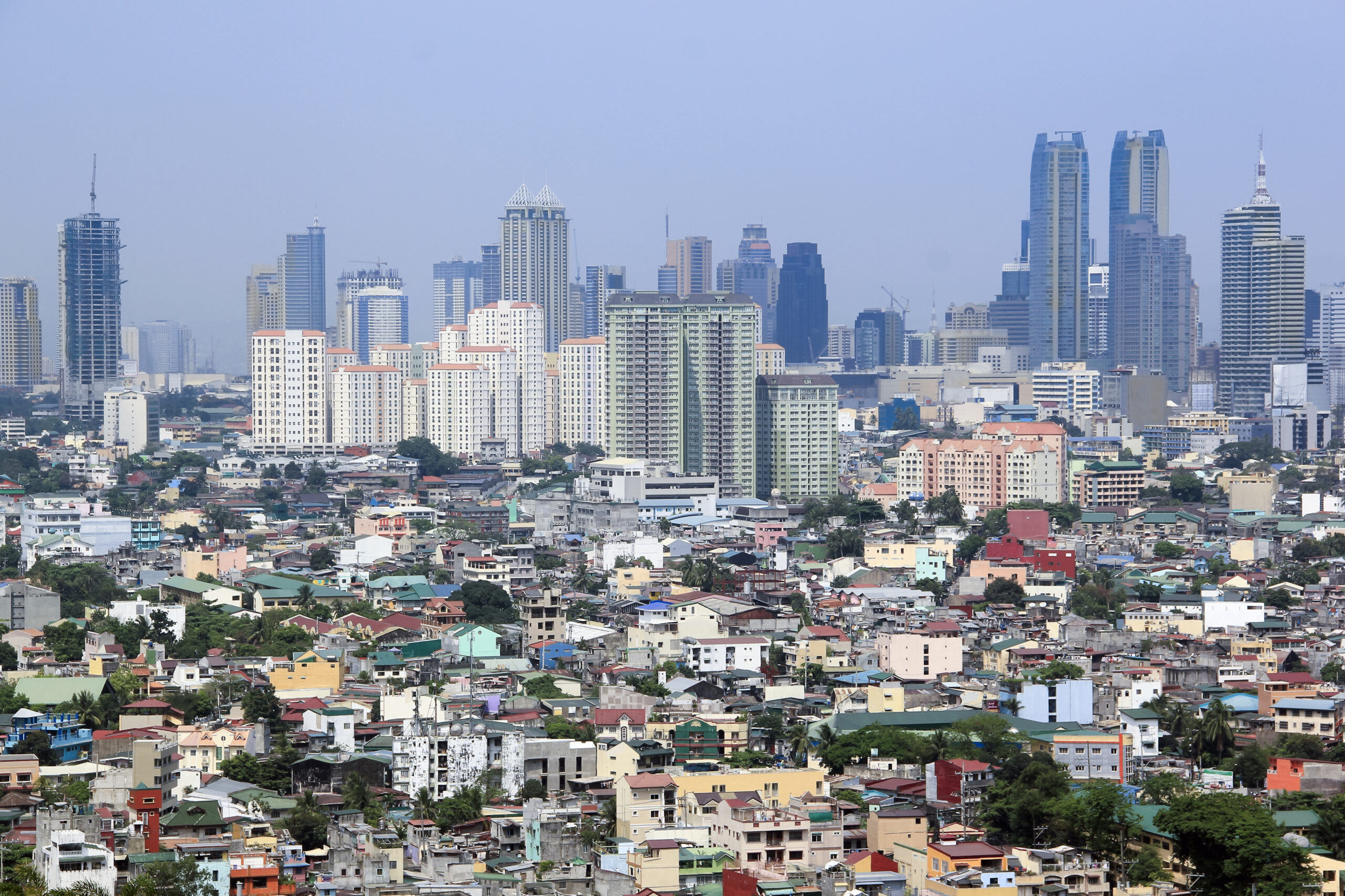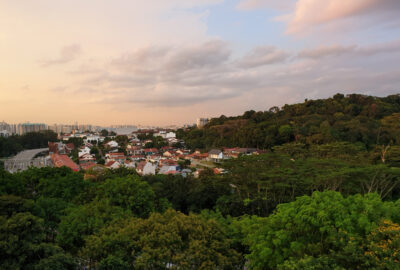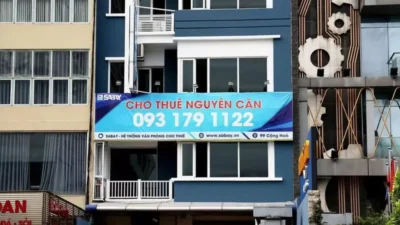News roundup: Manila tops list of the world’s housing market for price appreciation in early 2024, and more news

For PropertyGuru’s real estate news roundup, Manila tops the world’s housing market for price appreciation in early 2024. In other news, southern Vietnam’s real estate market grew in the first months of 2024, and be guided on the concept of Loan-To-Value (LTV) ratio for Singapore properties in 2024.
The Philippines’ Manila is world’s top housing market for price appreciation in early 2024
According to global property consultant Knight Frank in The World Property Journal, the first quarter of 2024 witnessed an average annual growth rate of 4.1 percent across the 44 markets covered by the Knight Frank Prime Global Cities Index, marking the strongest rate of growth since Q3 2022 – a period when interest rates were surging and nearly 70 percent of central banks were tightening monetary policy.
On a quarterly basis, price growth also showed signs of strengthening, with a 1.1 percent increase in Q1 2024, up from a 0.3 percent increase in the last quarter of 2023.
At the top of the list was Manila with 26.2 percent annual growth, followed by Tokyo at 12.5 percent. Indian cities are experiencing strong growth, with Mumbai at 11.5 percent and Delhi at 10.5 percent. In fourth place, Perth, at 11.1 percent, confirms the resilience of key Australian markets.
Manila’s strong growth can be attributed to two particular factors: strong economic performance, which has boosted consumer confidence and spending power, and significant infrastructure investment in and around the city, which has also boosted demand.
Real estate market in southern Vietnam picking up
The real estate market in southern provinces and cities in the first months of 2024 grew, with land, low-cost housing, and apartments seeing higher demand, according to VietnamPlus.
Experts believe the domestic real estate market has hit the bottom and is expected to become vibrant again this year thanks to a series of measures by the Government, ministries, and localities such as new policies, low interest rates, and projects serving real housing needs.
According to reports by Dat Xanh Services Institute of Economic, Financial, and Real Estate Research, apartment prices in Ho Chi Minh City and neighbouring provinces increased slightly by 2-3 percent, mainly due to high-end and luxury projects opening for sale.
Townhouses and villas in the South also recorded a slight price increase of 1-3 percent, mainly in Dong Nai, Ba Ria-Vung Tau, and Binh Duong provinces.
Loan-To-Value ratio (LTV) for Singapore property in 2024: A complete guide
Whether a Housing & Development Board (HDB) loan or a bank loan, most Singaporeans would likely take a loan to finance their property. But that doesn’t mean you can borrow as much as you want, as there’s a limit to how much financing we can obtain. This is called the Loan-to-Value (LTV) ratio, which is a restriction that the Singapore government has put in place to limit the maximum amount property buyers can borrow from HDB and banks.
The LTV determines the maximum amount of funds you can borrow and hence, how much downpayment you need to pay upfront in cash and/or CPF Ordinary Account (OA) savings. It applies as long as you take out a home loan to finance your property purchase, whether it’s your first, second, or nth mortgage.
LTV limits were last revised in September 2022 as part of new cooling measures. Currently, the LTV limit for bank loans remains unchanged at up to 75 percent, while the LTV limit for HDB loans was adjusted down from 85 percent to 80 percent.
PropertyGuru Singapore’s guide will help you understand the concept of the LTV ratio, the rationale behind it, and the different LTV ratios for HDB and bank loans.
The Property Report editors wrote this article. For more information, email: [email protected].
Recommended
Meet the expert helping overseas investors crack Australia’s property market
Ivan Lam of property advisors Charter Keck Cramer helps clients navigate Australia’s complex real estate dynamics
6 spots to check out in Singapore’s Bukit list neighbourhood
The sought-after Singapore neighbourhood offers lifestyle amenities, green space, and new residential projects
Thailand’s real estate sector watches closely as the Shinawatras return to power
Time will tell if the return to power in Thailand of the Shinawatras will lift the country’s ailing real estate sector
China’s homebuying surge: Can new stimulus measures keep the market rally alive?
Stimulus measures have sparked a surge in homebuying activity around China, but many are sceptical the shift will endure








